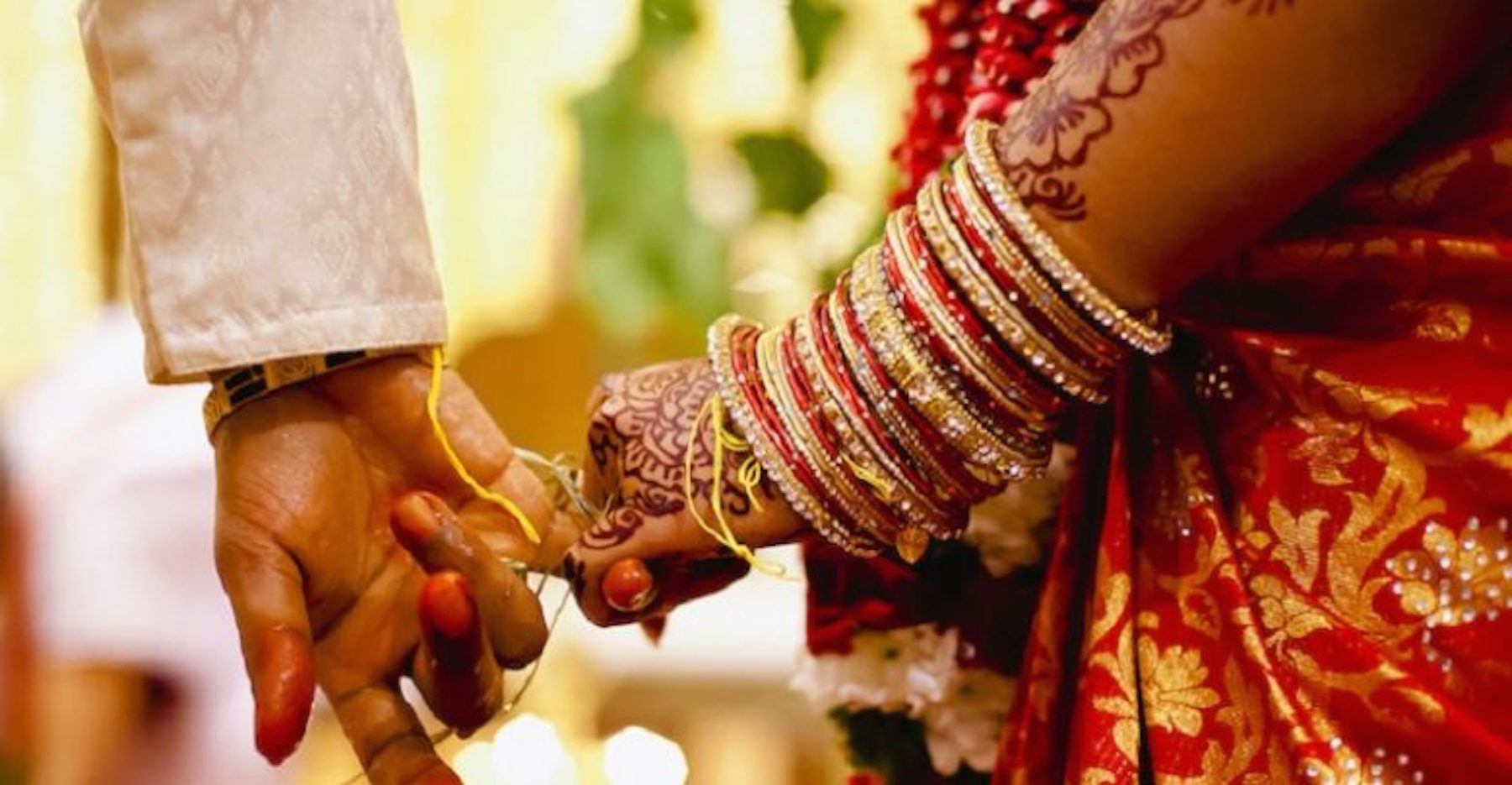
The Supreme Court just recently on June 12, 2020, in the exercise of its civil original jurisdiction in a noteworthy case titled Madhuri Jajoo vs. Manoj Jajoo in Transfer Petition (Civil) No. 833 of 2019 had allowed the first petition for divorce by mutual consent, through the virtual hearing system. The Supreme Court Bench of Justice V. Ramasubramanian in the exercise of its powers under Article 142 of the Constitution of India passed the decree for dissolution of marriage by mutual consent in this notable case.
Article 142 of the Indian Constitution provides that the Supreme Court in the exercise of its jurisdiction may pass such decrees or orders as is necessary for doing complete justice in the matter pending before it. The power under Article 142 is an inherent power and can be used for doing complete justice. In E.S.P. Rajaram vs. Union of India AIR 2001 SC 581, the Supreme Court held that under Article 142 the Supreme Court has the power to pass such decree or make such order as is necessary for doing the complete justice in any case or matter pending before it. The provision contains no limitation regarding the causes or the circumstances in which the power can be exercised not does it lay down any condition to be satisfied before such power is exercised.
In the present case, out of the said wedlock there is one female child. Irreconcilable differences between the parties have caused the irremediable breakdown of their marriage and they separated and since then have been living separately. The petitioner here is a wife who in the present case had approached the Apex Court seeking a transfer of divorce petition filed by the respondent-husband, pending in the Family Court Judge, Kukkatpally, Ranga Reddy district, Telangana to the District and Sessions Court, Alipore, Kolkata. The matter was however referred to the Supreme Court Mediation Centre, pursuant to which the parties reached an amicable settlement and then mutually sought dissolution of their marriage in terms of the settlement deed.
Under the terms of the settlement, a joint application has been made by the parties praying for a decree of dissolution of marriage by mutual consent by invoking jurisdiction under Article 142 of the Constitution of India.
That comprehensive mediation session collectively as well as separately were held between the parties and through that the parties have voluntarily entered into a final settlement agreement. The petitioner and the respondent present through video conferencing affirmed the fulfilment of the terms of the settlement including the payment. Therefore, the transfer petition is disposed of in terms that the marriage solemnized between the parties shall stand dissolved by a decree of divorce by mutual consent.
Image source: Marcus Lewis on Unsplash





